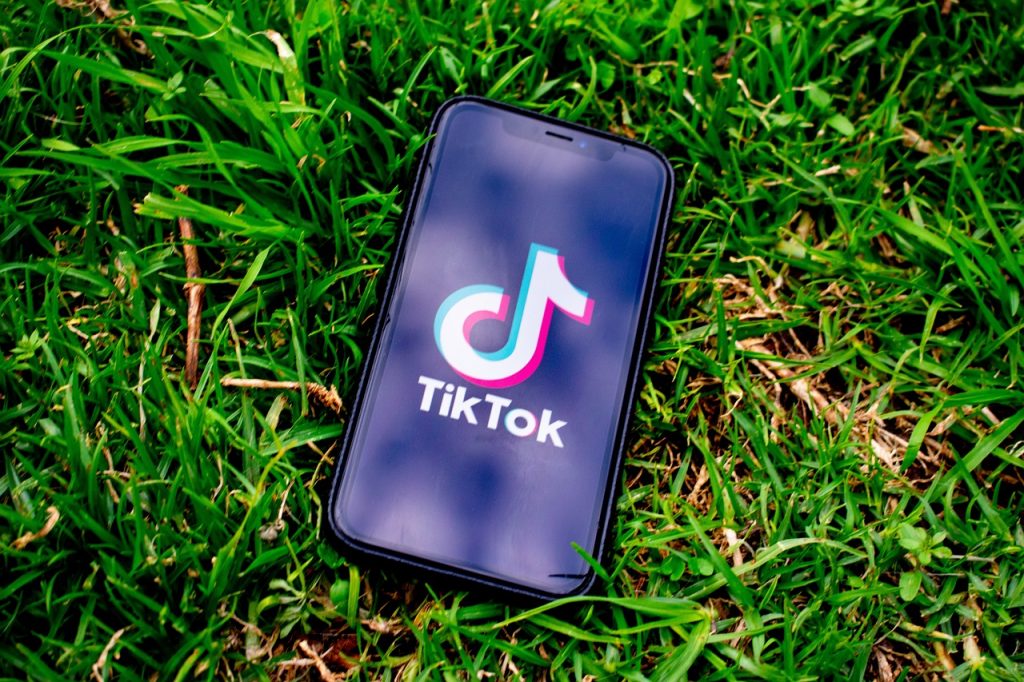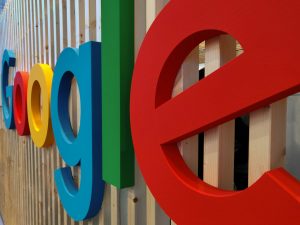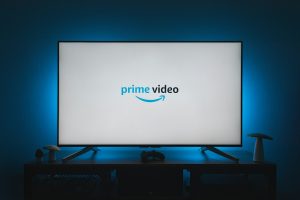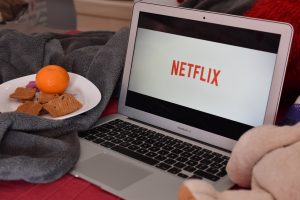Taylor Swift’s Record Label Removes Numerous Tracks from TikTok Amid Fee Dispute

Universal Music Group, the world’s largest record label, is poised to remove millions of songs from TikTok, affecting artists such as Taylor Swift and Adele. The escalation of this dispute follows a breakdown in negotiations between Universal and TikTok regarding the renewal of their existing licensing agreement. The situation took a contentious turn as Universal, in a scathing open letter, accused TikTok of attempting to coerce and intimidate them into accepting terms that are less favorable than the previous deal.
One of the major grievances expressed by Universal is TikTok’s alleged endeavor to construct a music-centric business model while failing to compensate fairly for the use of copyrighted music. The dispute revolves around the fees that TikTok pays to Universal for the right to use its extensive catalog of songs. As the contract is set to expire soon, Universal has indicated that all music licensed by them will be withdrawn from the platform in the coming days.
In addition to the financial aspect, Universal raised concerns about TikTok’s handling of AI-generated recordings flooding the platform. The record label accused TikTok of contributing to the replacement of human artists with AI-generated content and expressed dissatisfaction with the platform’s approach to addressing copyright infringement. Moreover, Universal pointed out a range of issues related to hate speech, bigotry, bullying, and harassment proliferating on TikTok, with concerns about the platform’s response mechanisms for removing harmful material.
TikTok, responding to Universal’s allegations, expressed disappointment and characterized the label’s actions as prioritizing greed over the interests of artists and songwriters. The social media app emphasized its role as a powerful promotional and discovery tool for talent, boasting a user base of over a billion users. TikTok also highlighted the platform’s success in reaching ‘artist-first’ agreements with other labels and publishers, positioning Universal’s actions as self-serving and not aligned with the best interests of artists, songwriters, and fans.
The intensifying conflict between Universal and TikTok could potentially spark a broader industry showdown. Other major record labels, including Sony and Warner, have their own licensing deals in place with TikTok. The outcome of this dispute may have ripple effects throughout the music industry, influencing how record labels engage with popular social media platforms, particularly those that rely heavily on user-generated content and music for their appeal.
This clash underscores the evolving dynamics between traditional music industry powerhouses and digital platforms, raising questions about fair compensation, copyright protection, and the role of social media in shaping the music landscape. As the dispute unfolds, industry observers and stakeholders are keenly watching to see how this battle between Universal Music Group and TikTok might reshape the future of music licensing and distribution in the digital age.







